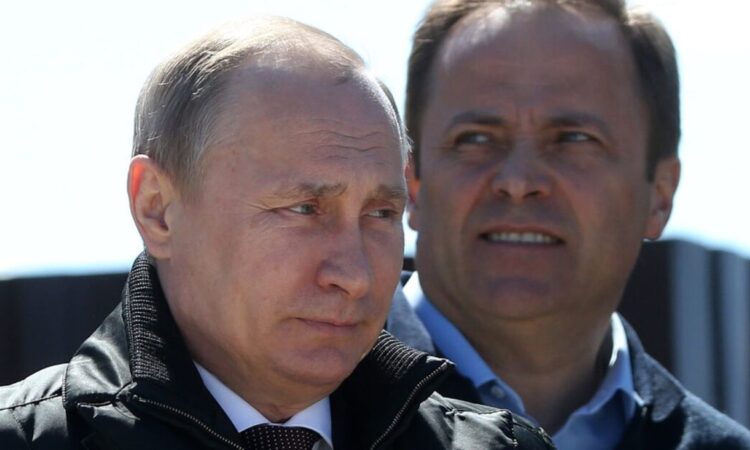
In a revealing turn of events, the United Kingdom’s efforts to clamp down on Kremlin-linked assets have hit a snag. Despite recent sanctions against Russian officials, a multimillion-dollar London property owned by Igor Komarov, a prominent ally of Vladimir Putin, remains unfrozen. This oversight highlights the challenges the UK faces in tracing and seizing the hidden assets of sanctioned individuals.
Sanction Enforcement Challenges
The case of Igor Komarov, a former director of Roscosmos and member of Russia’s Security Council, underscores the difficulties in enforcing sanctions. Komarov, who was sanctioned by the UK in 2022 for his role in destabilizing Ukraine, had previously acquired a luxurious London property through an offshore shell company. This transaction was brought to light by the International Consortium of Investigative Journalists (ICIJ) in the 2021 Pandora Papers investigation. Despite this, the UK government has been unable to freeze Komarov’s property, a failure that Transparency International UK attributes to a lack of resources, understaffing, and legal loopholes.
Legal Loopholes and Reform Efforts
In response to growing concerns over the hidden ownership of UK property by foreign oligarchs, the UK enacted the Register of Overseas Entities in 2022. This reform aimed to enhance transparency by exposing the real owners behind shell companies. However, critics argue that the reform has fallen short of its goals, primarily due to non-disclosure provisions for trust beneficiaries, allowing individuals like Komarov to shield their assets. This loophole not only complicates sanction enforcement but also undermines the UK’s commitment to combating financial crimes.
Comparative Cases and the Path Forward
The UK’s struggle to enforce sanctions is not isolated to Komarov. The case of Roman Abramovich and his associate Eugene Shvidler, who recently lost an appeal against UK sanctions, illustrates the broader challenges at play. While the UK Treasury has succeeded in marking property deeds with sanctions in some instances, the inconsistency in applying these measures raises questions about the effectiveness of the UK’s sanctions regime. Moving forward, closing the existing legal loopholes and bolstering enforcement resources will be crucial for the UK to uphold its sanctions and combat illicit financial flows.
As the UK grapples with these enforcement challenges, the case of Igor Komarov serves as a stark reminder of the complexities involved in international sanctions and asset freezing. With critics calling for more stringent reforms and improved enforcement mechanisms, the UK faces a pivotal moment in its efforts to disrupt the financial networks of sanctioned individuals. Only time will tell if these efforts will bear fruit or if legal and logistical obstacles will continue to hinder progress.
